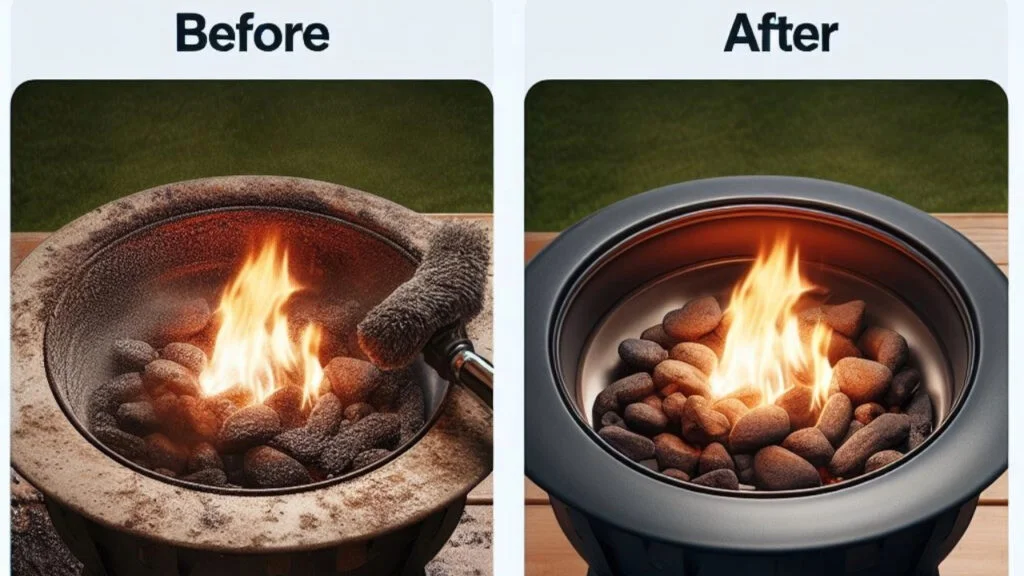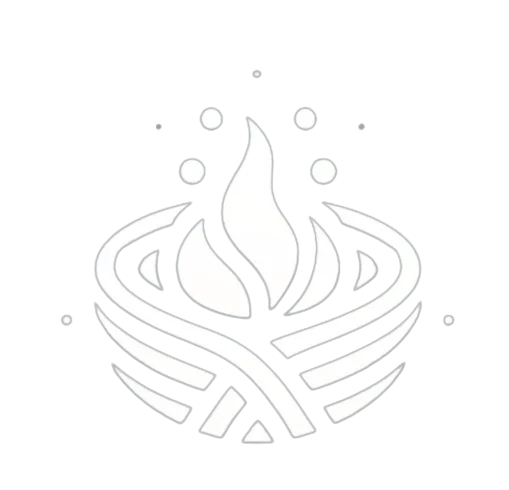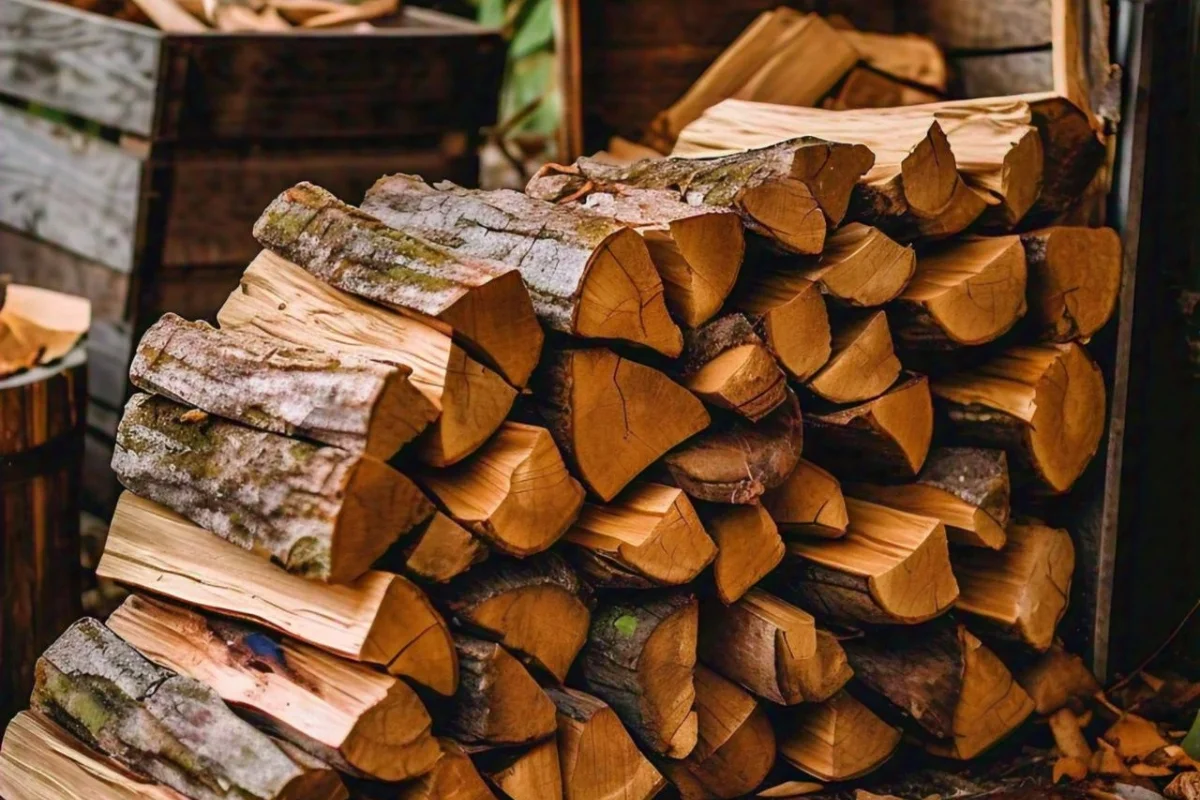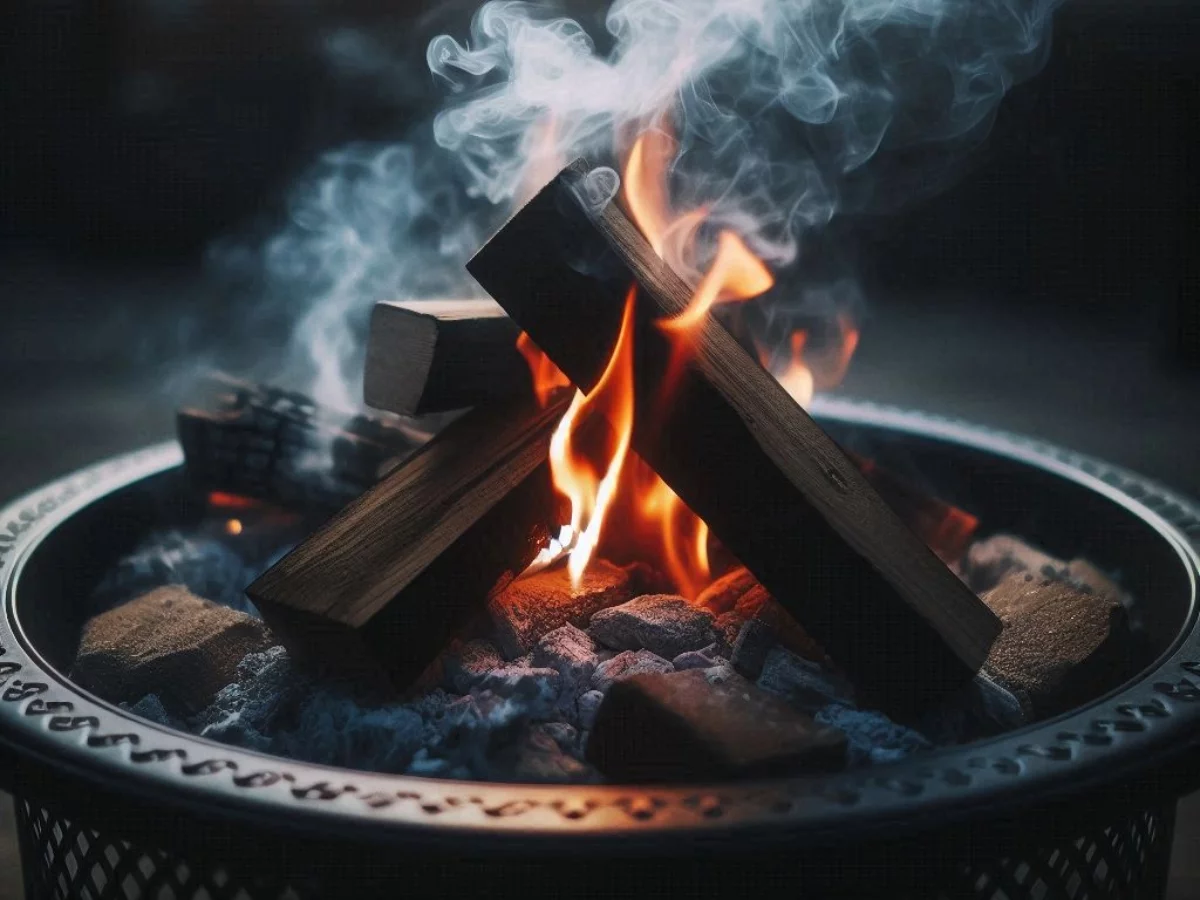
Propane fire pits are known for their lovely effect on outdoor spaces, where they increase both the temperature and the atmosphere. That said, one common question that comes up is “Do propane fire pits smell?” In this guide, we’ll be looking into this question, specifically what are the reasons that make a propane fire pit smell weird compared to a regular one. Let’s explore these scents, figure out why they occur, and how to avoid them.
Do propane fire pits smell?
Propane fire pits do have the potential to emit a smell, although propane itself is virtually odorless. A smelly agent called ethyl mercaptan is added to the propane gas for safety reasons; it is meant to help users easily identify gas leaks as the smell of ethyl mercaptan is like that of rotten eggs or sulfur. This isn’t a problem specific to propane fire pits. If the fire pit is used frequently, users may detect a foul smell.
Normal Causes of Smells from Propane Fire Pits:
It is important to understand what a normal propane fire pit might smell like in order to distinguish the difference between expected odors and potential safety concerns. The primary cause of odor from a propane fire pit is the odorant, ethyl mercaptan, added to the propane fuel. This odorant is included in propane fuel as a safety feature allowing users to detect gas leaks quickly. Although the smell can be detected, especially when the fire pit is new or when it is first lit, it is usually faint, and should not be excessive when the fire pit is operating under normal conditions. However, it is important to be alert and take notice of any unusual smells that may indicate a potential gas leak.
There are several other factors that can influence how the odor is perceived from a propane fire pit. Environmental factors including temperature, humidity, and wind speed are significant factors in odor detection. Warmer temperatures may intensify the odor, while windier conditions may help disperse the odor more quickly. The perception of the odor may also depend on individual sensitivities, as some people have more sensitive noses than others. Therefore, while some people might find the smell of a propane fire pit to be noticeable, others might not smell it as strongly due to a combination of these factors.
Abnormal Causes of Smell from Propane Fire Pit:
Signs of Abnormal Smells:
Detecting an odd smell from your propane fire pit is essential to maintain safety and tackle issues at an early stage. The signs of an abnormal smell involve:
- Unpleasant and strong smell, resembling sulfur or rotten eggs.
- You can feel the odor stronger and at times suffocating, unlike normal operations.
- Irritation or allergic response from coming in direct contact with the smell.
Possible Causes:
When encountering abnormal smells from a propane fire pit, several potential causes warrant consideration:
Gas Leak:
Gas leak should be at the top of your list if you smell a heavy leakage of propane. Your Propane fire pit can experience a gas leak due to hose or fitting damage, ill-equipped installation, or because of wearing off. If you smell a strong, unpleasant scent of propane, clear the area and call the emergency hotline.
Incomplete Combustion:
Inciting propane to combust incompletely can form a range of odorous by-products, including carbon monoxide. The factors contributing to a less-than-complete combustion of the propane gas can include lack of enough oxygen, clogged burners, or inappropriate settings of the flame.
Contaminated Propane:
The propane fuel might already be contaminated with an unnecessary chemical or element during preparation before it meets your Propane fire pit. This contamination and mix can set off when burnt, producing a nasty and suffocating smell. To avoid such inconvenience, make sure to use clean and well-prepped propane gas from a high-rated vendor.
Poor Ventilation:
The Propane Firing units are meant to be used outdoors, and when they are confined, the odorous gases can be trapped in a single place, quickly making the environment uncomfortable. Open your windows, get outdoor fans, or install extraction fans to get an outdoor, natural breeze around your fire pit area.
By being aware of these potential causes and taking appropriate precautions, users can effectively address abnormal smells from propane fire pits, promoting a safe and enjoyable outdoor experience.
Troubleshooting Tips for Abnormal Smells:
If you notice unusual smells coming from your propane fire pit, it’s important to take steps to identify and address the source of the problem. Here are some troubleshooting tips to help you troubleshoot potential problems
Visual Inspection:
Take a good look at your propane fire pit and its components. Inspect the burner assembly, propane tank, hoses, and connections for signs of damage, wear, or corrosion. In particular, look for leaks around all connections and fittings.
Check for Gas Leaks:
Utilize the following methods to check for gas leaks:
- Using Soapy Water: Use a mixture of soapy water applied to all of the propane fittings and connections. If bubbles form, it is a sign of a leak.
- Listening for Hissing Sounds: Carefully listen for hissing sounds coming from the propane tank or the connections.
In the event of a gas leak, you should follow emergency protocols, including evacuating the area and contacting emergency services.
Ensure Proper Ventilation:
Proper ventilation around a propane fire pit is critical for the prevention of odors and combustion byproducts. Ensure the area around the fire pit is well-ventilated and that odors are not allowed to linger.
Cleaning and Maintenance:
Regular cleaning and maintenance of your propane fire pit components can help prevent and resolve odor problems. Focus on:
Burner Assembly: The burner assembly should be free of debris or blockages to achieve proper burning.
Propane Tank: Inspect the propane tank for leaks, wear, and proper connections.
Hoses and Connections: Examine hoses and connections for wear and tear or other related damage. Replace any components that appear to have corroded.

Contact a Professional:
If you are unable to determine or resolve the cause of the strange odors, please reach out to a licensed technician. They have the necessary knowledge and tools to accurately diagnose and fix these issues.









